
|
NCCS Newsletter September 2023
|
|
NCCS drives CCS discussions at Arendalsuka 2023
|
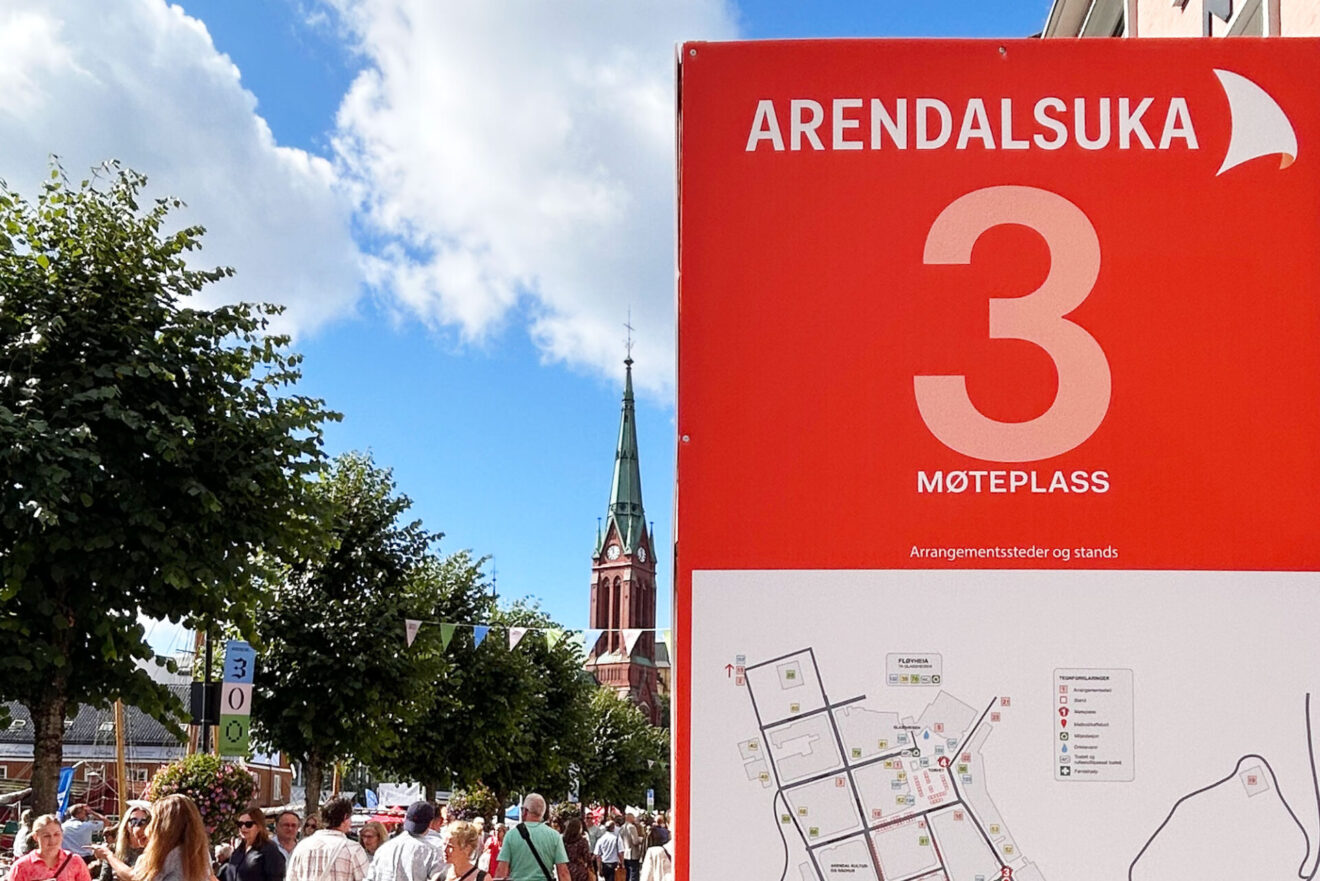
|
CCS was a prominent topic at Arendalsuka 2023. NCCS contributed to three key events that centered on CCS’ role as a climate mitigation technology in Norway:
|
- What needs to happen for CCS to become a real alternative to electrification?
- How can we cut emissions on the Norwegian continental shelf in a power price crisis?
- Negative ambitions - this is how we have to remove CO₂ to achieve net zero
|
|
NCCS Innovation Catalogue launched
|
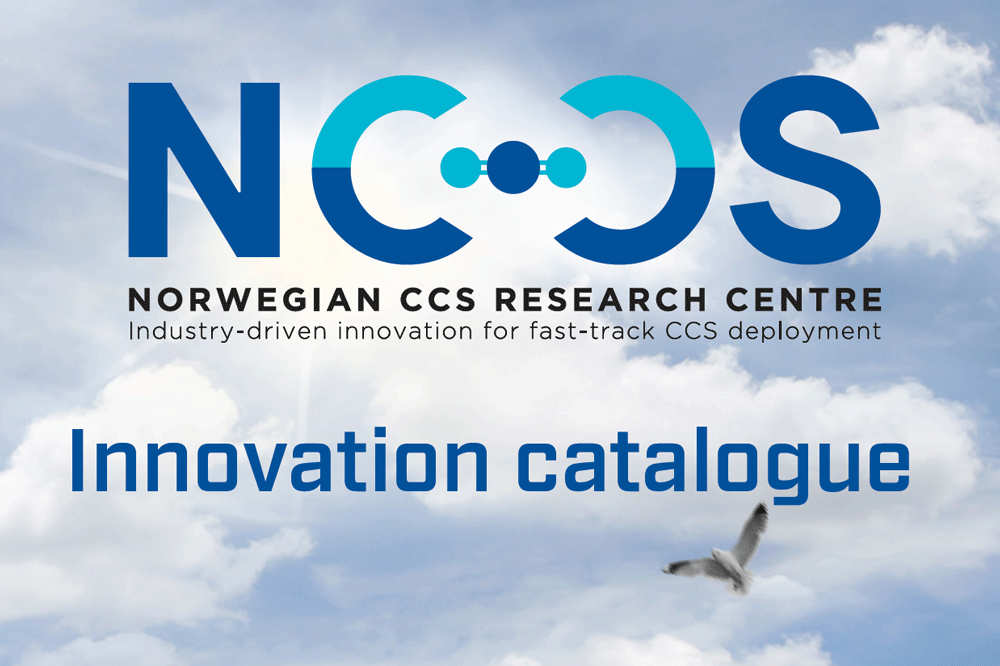
|
Maximising the impact of our research is a crucial task for NCCS. In this catalogue, we’ve mapped and described the 26 innovations that the Centre has identified to date.
|
The potential impact of each innovation will be monitored to help ensure that research effort is directed in the most effective way.
|
|
|
NCCS at Researchers’ Night 2023
|

|
SINTEF Research Scientist Ingrid Snustad will present CCS to secondary school students at this year’s Researchers’ Night at NTNU.
|
Entitled Hvordan kan vi kutte CO₂-utslipp? (“How can we cut CO₂ emissions?”), Ingrid’s presentation will focus on her work to develop technologies that can reduce the amount of CO₂ in our atmosphere.
|
Researchers’ Night (Ungdommens forskernatt) is an annual event for pupils and teachers at upper secondary schools and folk high schools in the Trønderlag region.
|
|
|
NCCS Lunch Webinars
|
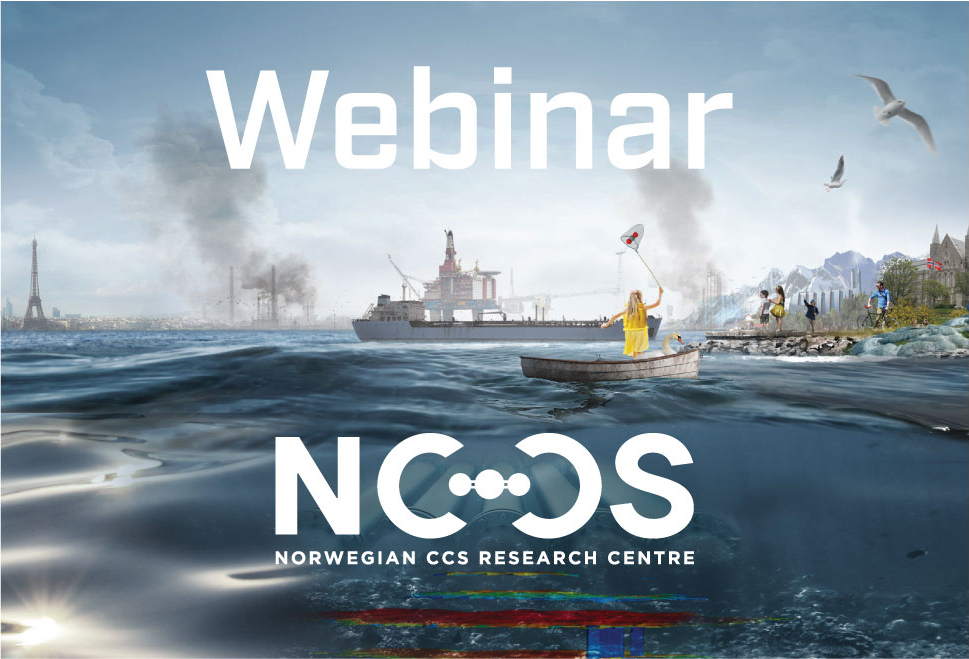
|
NCCS webinars are held on the second and fourth Thursday of every month, from 12:00 to 12:40. They consist of a 20-minute presentation, followed by a 20-minute Q&A session.
|
You can find the programme for this year’s webinars on the website, which will be updated continuously. Please note that presentations will be recorded, but the Q&A sessions will not be.
|
|
|
If CCS is to become a relevant climate technology in Norway, we need policies to make that happen
|

|
In a recent interview, NCCS Director Mona Mølnvik spoke on the recent decision to decarbonise the Melkøya gas plant using renewable electricity from land rather than CCS.
|
"We must reduce emissions. And if Norway wants CCS to become a technology we can adopt, then we have to create policies that can make that happen."
|
|
|
NCCS PhD student successfully defends thesis
|
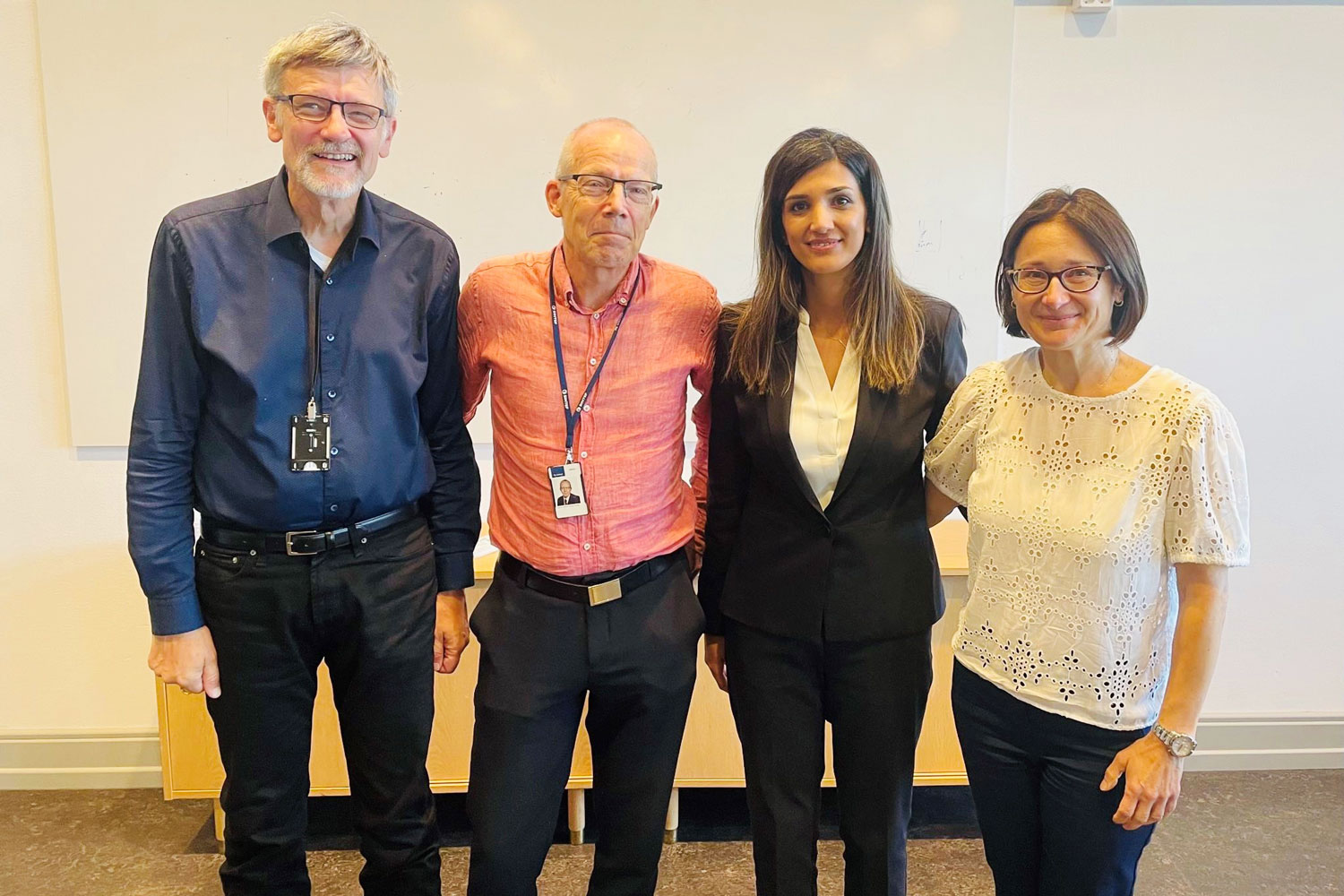
|
On Friday 1 September 2023, NCCS PhD student Bahareh Khosravi successfully defended her PhD thesis: “A new facility for viscosity measurements of CO₂-rich mixtures at conditions relevant to CO₂ capture, transport, and storage”.
|
Bahareh was associated with NCCS through the Fiscal metering and thermodynamics task (Task 8)/ImpreCCS spin-off project. She was supervised by Jana Jakobsen (Department of Chemical Engineering - NTNU), and co-supervised by Sigurd W. Løvseth and Anders Austegard (SINTEF Energy Research).
|
|
A massive congratulations to Bahareh!
|
|
|
NCCS coordinator submits contribution to the European Commission’s industrial carbon management strategy
|

|
NCCS Coordinator SINTEF Energy Research has answered the European Commission’s call for feedback on the development of an industrial carbon management strategy.
|
|
|
The Impact of CCS Research on the Green Transition
|
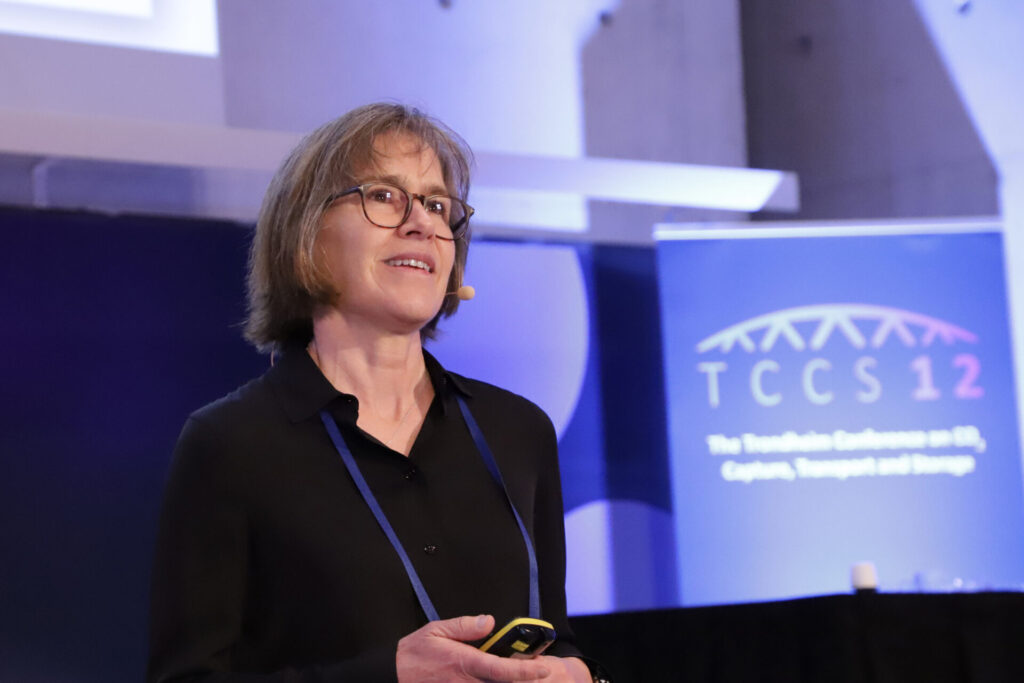
|
2050 is now less than 27 years away – when the world has set a goal for becoming climate neutral. Capturing and storing gigatons of CO annually is a crucial part of achieving this goal – but to do that, we need more open innovation.
|
In her keynote speech at TCCS-12, NCCS Director Mona Mølnvik emphasised the need to collaborate and share knowledge, even among competitors. We might have the money, but we do not have the time to fail.
|
|
|
NCCS presents on CCS to a group of Thai delegates
|
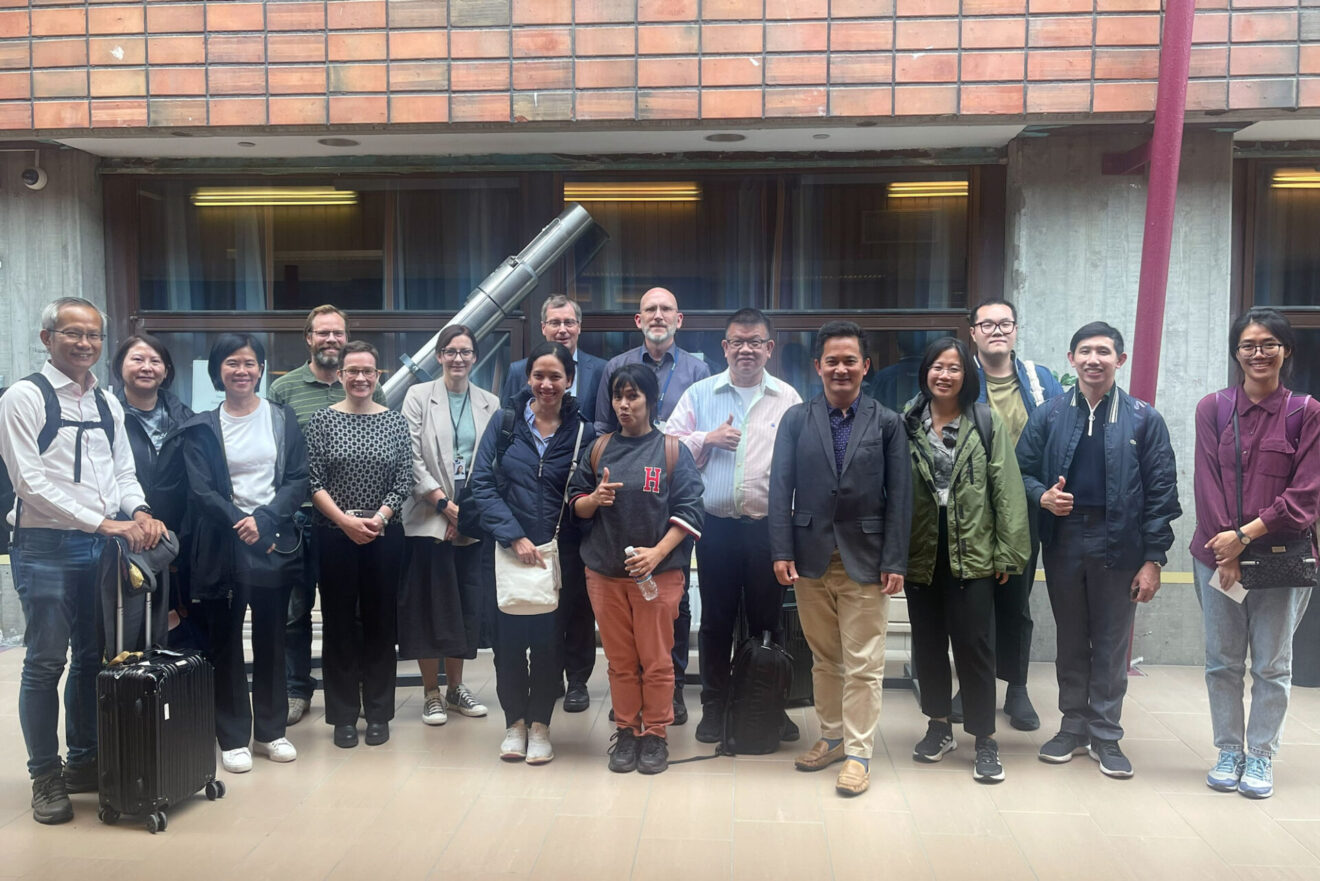
|
On 22 August 2023, NCCS was invited to present to a group of delegates from Thailand interested in learning more about CCS. This included 17 representatives from Chiang Mai University, the Electricity Generating Authority of Thailand, the Energy Regulatory Commission of Thailand, and the National Research Council of Thailand. The visit was organised by NTNU.
|
|
|
Why experiments and modelling are necessary for the safe design and operation of CO₂ transport systems
|
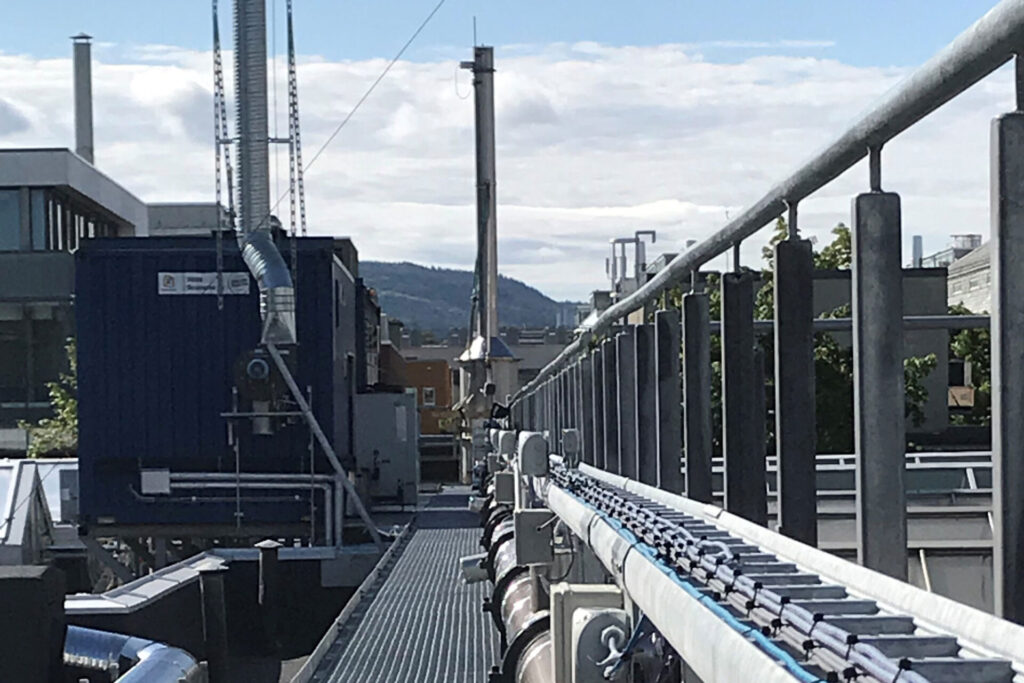
|
CCS systems are an important part of our toolbox for mitigating climate change. However, increased R&D efforts are needed to facilitate an efficient and safe scaling up of CCS to the level needed to mitigate climate change.
|
In his keynote speech at TCCS-12, SINTEF Chief Scientist Svend Tollak Munkejord discussed why both experiments and models are a necessary part of this effort.
|
|
|
NCCS spin-off seeks postdoc fellow in CO₂ processing and handling
|

|
CO2FFER is an NCCS spin-off project that will provide key models and experimental data to support the optimisation and further development of CO₂ ship transport and direct CO₂ injection from ships.
|
|
As part of this work, the project is currently looking for a postdoc fellow in processing and handling of CO₂ with impurities during maritime transport and offshore injection.
|
The deadline for applications is 23 October 2023.
|
|
|
|
|
|